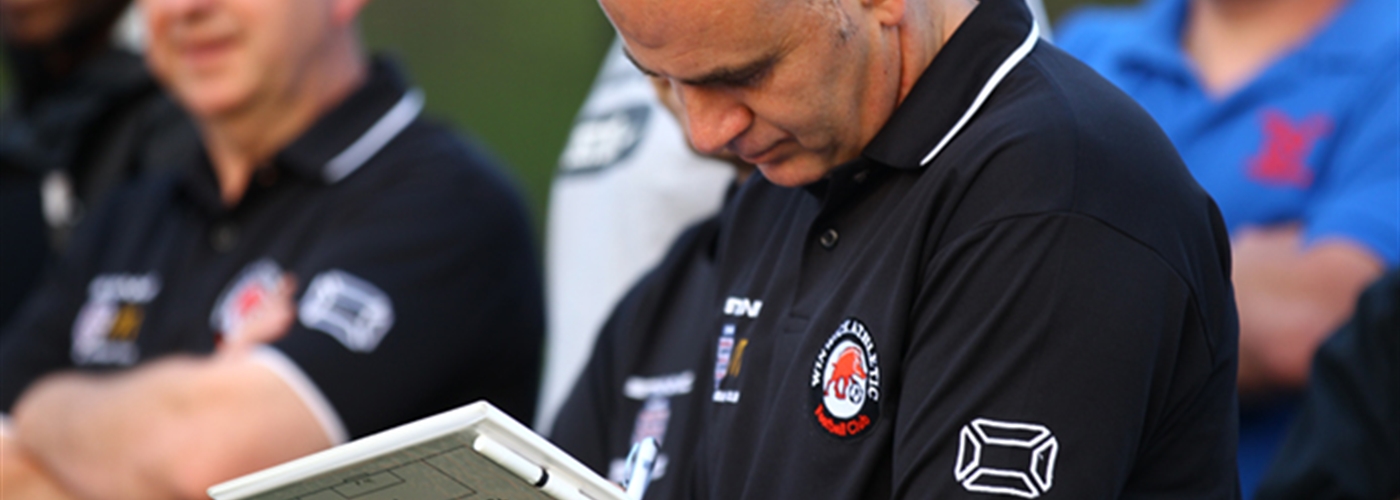Do you reflect effectively after your coaching sessions? Here, Steve Dorey, FA county coach developer, discusses the importance of learning from experience.
As discussed in earlier blogs, reflection is a key part of learning from experience. Building on those ideas, we’ll now look at the role of reflection after your coaching session. Donald Schön – the professor who developed the concept of reflective practice - terms this type of reflection as reflection-on-action: looking back to see how things went and, crucially, why.
My own experience of reflecting on coaching sessions suggests that I must be a terrible coach. I frequently focus on the things that didn’t go quite as expected such as: the practice returns I wanted, lack of player engagement or the fact I talked too much – the list could go on well beyond the length of this article.
Even better if?
However, there is a useful framework to try in order to find a better balance of memories. The following framework has been used on formal coach education courses:
- what went well?
- even better if?
- changes for next time?
This can help direct your thinking away from just the negatives and frames your experiences in a much more positive light.
I also found that my reflections were consistently descriptive and transactional: I did this and I got that. They read more like a commentary on the session and didn’t make me consider what the goals of the session or coach behaviour were – I needed more.
Exploring your thinking and actions
Searching for further depth, I was introduced to business coach, Graham Alexander, and his GROW model. Originally conceived for use in coaching in the corporate world, this model starts with what I was going after in the session, for example: central midfield players recognising when and how to play forward. It also includes the different things I tried in pursuit of achieving it: play underloaded/matched up/overloaded.
The model (slightly modified below) asks you to consider:
- Goals: what were you trying to achieve?
- Reality: what happened?
- Options: what did you try?
- Will: what impact will have/has had on your coaching?
This helped. It felt like it gave me the opportunity to explore my thinking and actions. Over time, I could then see what patterns emerged.
For example: if the players were blaming each other for misplaced passes I tended to bring this to a halt as soon as possible. This pattern got me thinking: what does that say about me?
I hadn’t really considered a coaching philosophy before but the more I thought about it, it became clear to me that one of my core values is to have a ‘no blame culture’. Therefore, the players’ behaviour was the opposite to something I strongly believe in and stopping it made sense. I was making progress.
If you haven’t done so already, you can read my previous blog posts here:


